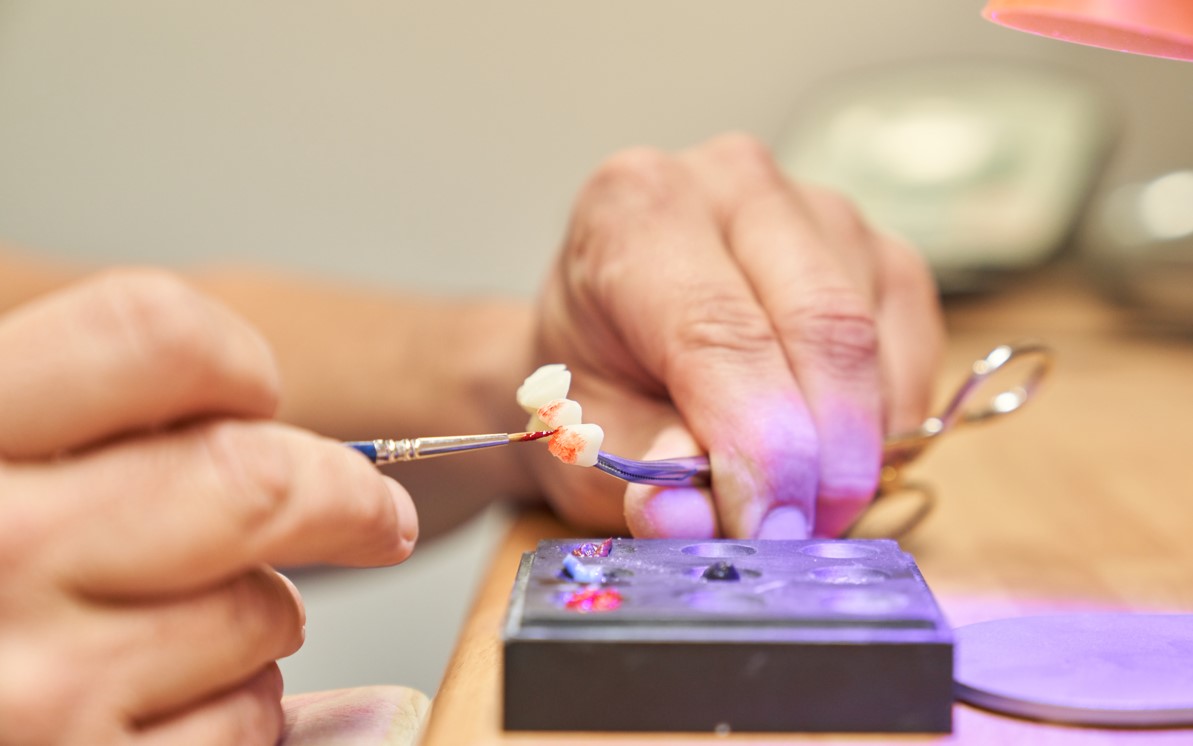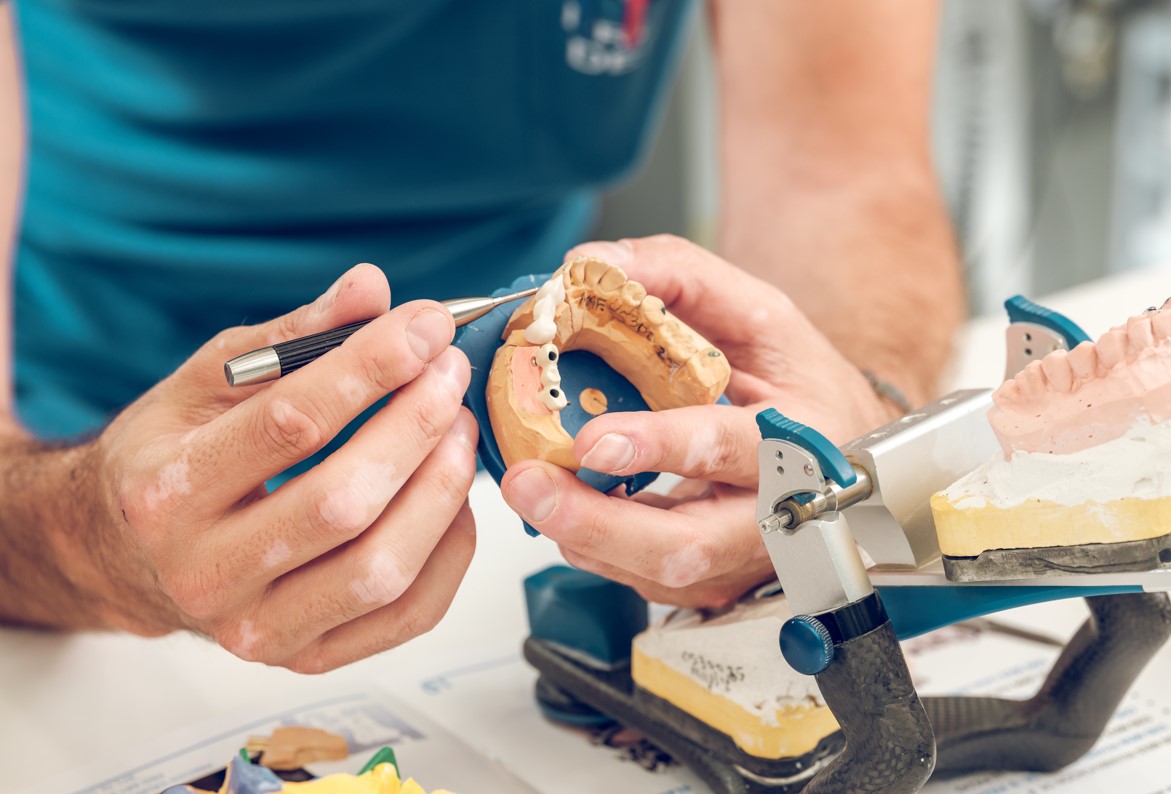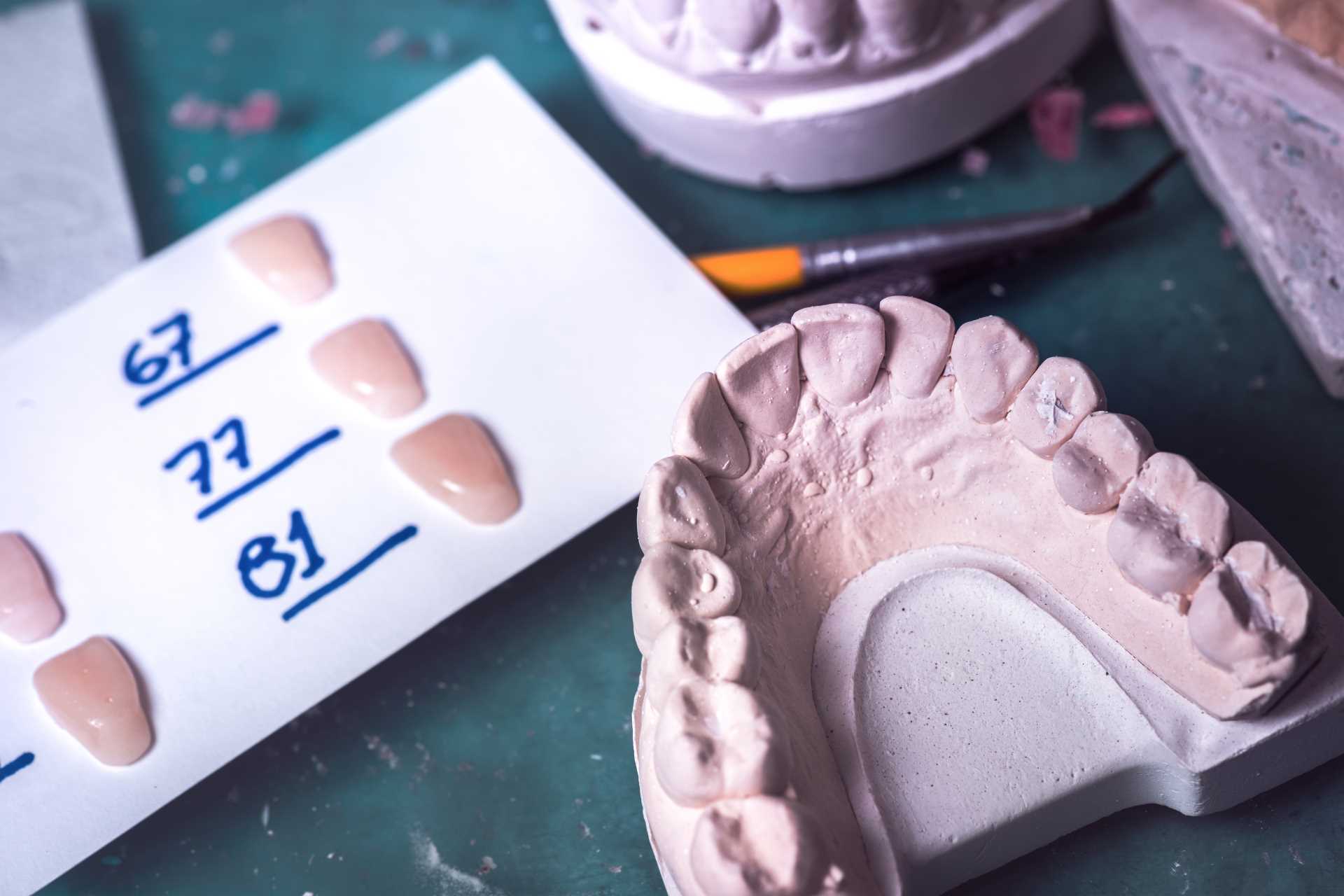When to Get Dental Implants - 5 Dental Conditions to Look Out for
Dental implants are a permanent alternative solution for removable dentures. This is often a more popular choice for younger adults, even if the implanting process is less cost-effective and takes a longer time. There are various benefits in selecting dental implants over dentures; They pose no risk of dislodging teeth, require less maintenance, and implants also have a high rate of durability and success, which often last a lifetime. Other than that, dental implants serve to protect your jawbone from deteriorating and prevent cavities from developing. So, with the different benefits associated with dental implants many people ask, ‘when to get dental implants?’
While implants certainly have a number of benefits, you still need to consider your dental situation and potential complications, as well as your goals and personal preferences, before choosing the right treatment. Our implant retained dentures team share the most common dental conditions that require dental implants.
5 Dental Conditions When You Should Get Dental Implants
1. Missing tooth
Teeth are essential for more than just eating, as they are also responsible for forming your speech. Missing teeth can render your speech incomprehensible, which can affect your quality of life in consequence. If the missing tooth is in the inner parts of your mouth, there would not be any issues. But if the missing ones are on the frontal portion, then it can be a compromise to your dental appearance and affect you in social situations such as job interviews.
2. Cracked teeth
The risk of physical injuries is unpredictable when you are doing sports or exercising. You might have a broken or cracked tooth caused due to a collision. Often times, it’s repairable by a restorative technique or filling. So, you might not need to use a complete dental implant. There are cases, however, where the structure of the tooth is no longer intact, so your damaged tooth will be extracted off the gum. Depending on the severity, cracked teeth is one potential condition for when to get dental implants.
3. Loose teeth or wide gaps between teeth
Teeth can shift places and get loose over time, thus creating an empty space or evident gap in between the teeth. This can be a result of weakening jaw bones or gum abnormality. The progression often goes unnoticed and eventually loosens the teeth off the gum. If this is what you are currently experiencing, an extensive periodontal treatment is necessary to avoid further loss.
4. Tooth decay
Tooth decay can be a result of many factors, including bacteria and foods. It can be due to such a simple cause, as negligence in oral hygiene. When you are eating, food often gets stuck in between your teeth. If the remaining pieces of food are not cleaned, you are most likely to have plaque forming all around your teeth. The plaque, which contains bacteria, then makes acids when exposed to sugars in the food you consume and erode your dental structure. This progression, then, results in tooth decay and require a dental treatment.
5. Gum disease or dental abnormalities
Early stages of gingivitis are signified by inflammation or swollen gum. Your gum tends to bleed easily and more frequently in this condition. Gum disease is often accompanied by a loosened integrity between the teeth and the gum – making it difficult to chew or talk.
There is another case where you have a genetic disorder that inherently affects the development and function of your teeth, resulting in congenitally absent permanent teeth. In the initial stages, the symptoms can be eliminated by simple procedures like cleaning the teeth and taking good care of them. But, if the disease is incurable, it is better to go for dental implants which ensure healthy and functioning teeth like the natural ones. If the gums have weakened, thus not able to support dental implants, opting for denture implants is highly recommended.
If you have been wondering when to get dental implants or are experiencing any of these conditions, it might be time to book an appointment with a dental prosthetist our denture clinic Brisbane. If neglected, it can impair your ability to perform on daily basis. Even after the treatment, maintaining dental hygiene is very important in order to prevent any further problems. By taking good oral care, you can decrease the risk of deteriorating teeth. You may also want to consider a visit to your dentist once every six months to identify any complications at the earliest stages possible.
Want to learn more?
Interested to learn more about taking care of your teeth and when to get dental implants? You may also be interested in reading two of our other related articles on ‘How to Maintain Good Oral Health’ and ‘Can Mouthguards Straighten Teeth’.
Related Posts

Foods to Avoid with Dentures
Foods to Avoid with Dentures Dentures are a majorly beneficial and life changing solution for many people around the world, however, that doesn’t mean they don’t come with responsibility and the need for proper upkeep. It’s important to ensure you’re eating the correct foods and drinking the right drinks that keep your dentures intact and

Do Partial Dentures Look Natural?
Do Partial Dentures Look Natural? The simple answer is yes, partial dentures can look natural. But there are a few things you need to know in order to make sure that yours look their best. Partial dentures are specifically designed to match the shade and shape of your existing teeth, so they should blend in

Dentures and Saliva – What You Need to Know
Dentures and Saliva – What You Need to Know If you wear dentures, saliva problems may be an issue that you have to deal with on a daily basis. Dentures and saliva have a complex relationship. Saliva helps to keep your mouth moist and aids in the digestion of food as well. Without enough saliva,

Can You Get Same Day Dentures: An Informative Guide
Can You Get Same Day Dentures: An Informative Guide Same day dentures are generally referred to as immediate dentures and are often so used as a resolution and replacement for individuals who have had teeth removed. Although they are an immediate solution, they are only temporary to fill in the missing space in the gums.

How Are Dentures Made?
How Are Dentures Made? Have you ever wondered how are dentures made? As dental prosthetists, we get asked this question a lot, so we set out to answer the question of how are false teeth made and shed some light on the denture making process. How are Dentures Made to Perfectly Fit Each Individual Patient?

Famous People with False Teeth
Famous People with False Teeth We know that getting dentures can be a daunting new experience, and you may feel insecure about your new set of teeth. All of this will go away once you’re used to your pearly whites, and the uncomfortable sensation you’re feeling will subside. No matter your age, there’s no need
We do whatever it takes to bring you peace of mind
1300 304 092
Call us today
